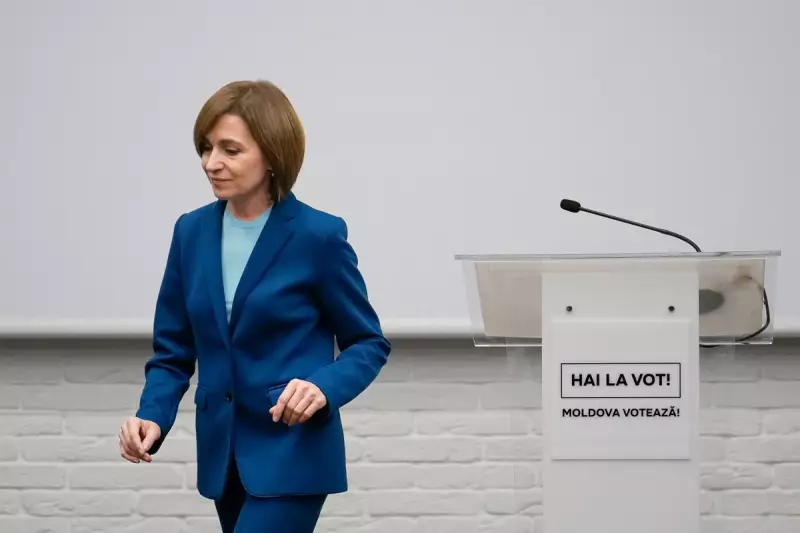
In a dramatic intervention that raises the stakes for European security, Moldova's pro-Western President, Maia Sandu, has publicly accused Serbia of fuelling a potential crisis. President Sandu claims that Belgrade is allowing arms exports to Moldova's capital, Chisinau, which are destined for a government she alleges is under Moscow's control.
The startling allegations suggest that Serbian-made weapons and ammunition are being sold to the Moldovan administration led by Prime Minister Dorin Recean. Sandu asserts this administration, despite her presidency, is influenced by pro-Russian forces, creating a dangerous paradox where European-associated Serbia is arming a Kremlin-linked entity.
A Direct Appeal to Brussels
President Sandu has not limited her criticism to diplomatic circles. She has made a direct and urgent appeal to the European Union, of which Moldova is a candidate country, to take immediate action. "I believe the European Union should talk to Serbia about this," Sandu stated, emphasising the grave risk these arms transfers pose to regional stability.
This move places Serbia's President, Aleksandar Vučić, in a difficult position. While Vučić maintains a balancing act between historical ties with Russia and aspirations for EU membership, Sandu's accusations highlight a direct contradiction in his policy. Arming a potentially hostile force within a European neighbour is difficult to reconcile with a commitment to EU values.
The Chisinau-Serbia Connection: A Shadowy Trade
The specifics of the arms trade remain shrouded in secrecy, but Sandu's comments point to a significant and concerning flow of military equipment. The implication is that Serbian weapons could be used to strengthen pro-Russian elements within Moldova, undermining Sandu's authority and the country's fragile democratic institutions.
This situation presents a critical test for the European Union's foreign policy effectiveness. Can Brussels exert enough pressure on Serbia, another candidate nation, to halt activities that directly threaten the security of a fellow candidate state? The outcome will be a key indicator of the EU's ability to manage complex security dilemmas within its sphere of influence.
For Moldova, a nation caught between East and West, this is more than a diplomatic spat; it is a battle for its future orientation. President Sandu's bold accusations signal her determination to align Moldova firmly with Europe, even if it means confronting uncomfortable truths about its neighbours.





